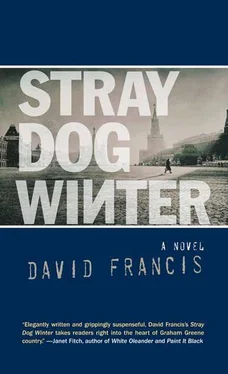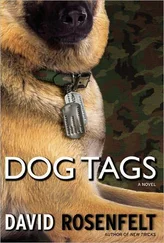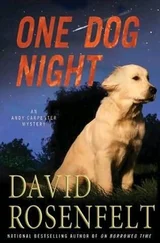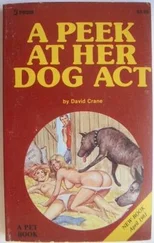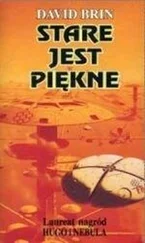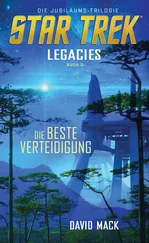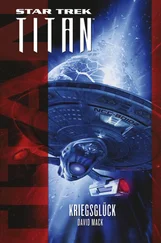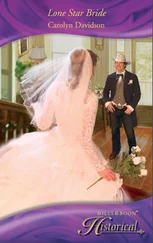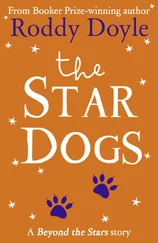The pianist appeared and perched at the piano in meditation, his arms still in his lap, then flung his hands abruptly at the keys. In the surging discordant rhythm Jobik edged closer to Fin, sharing her pillow. As he pulled his scarf free she slipped an envelope into it. Jobik caught Darcy noticing and reached past her to shake his hand, but there was even more meanness in the curve of his smile and a challenge in his sinewy grip. His hairline seemed lower, his widow’s peak, black eyes even in daylight. Darcy still remembered how it felt being left out in the waves to drown. He’d always assumed Jostler was Greek but maybe he was really some Tajik or a Kazak, a separatist. He didn’t seem moved by the music. Darcy struggled to remember his last name, could almost see it on his father’s lips.
The pianist stabbed at keys and hammers, and the open-fronted upright jumped. The audience feasted on what must have been rare, worth risking freedom. A people who’d learned to measure consequence. Darcy knew he hadn’t mastered that. And if he’d risked his freedom bringing in the money belt, it was a risk he was now certain he’d taken for Jobik—Jobik who looked over and gave Darcy a narrow-eyed smile—and Darcy wished he didn’t understand why Fin ran away with him. Darcy would have done the same; they shared a lust for dangerous people.
The jazz player flung a sweater in the hull of the piano and it dulled the shrillness, but when he used his wrists and elbows on the keys the off-putting chords and Jobik there with Fin became too jarring. Darcy grabbed the umbrella and whispered something akin to izvinitye before Fin could stop him, and made his way through the smoke. He closed the heavy red door behind him and stood on the steps. In the shock of cold air he waited, leaned against heat from a grate behind the concrete railing. The smoky discharge mixed with the frigid air. As Darcy lit a cigarette, he thought of Aurelio and how being with him had both buoyed and unnerved him. The jolting cadence of muted piano thumped dully behind him, a ghostliness about the looming buildings, a landscape worthy of paint. Perhaps he was here for moments like this, for inspiration.
Don’t stand up there, Fin whispered from the bottom of the steps. She motioned him deeper into the stairwell and took a cigarette from her pocket, ignited it from his the way she always did. She hunkered with him as if they were outside a gig at Monash, taking a breather away from the others. But Darcy felt like he was the other here.
Where’s your mystery guest? he asked.
Her lips pressed around her cigarette as a slow-moving figure pedalled through the dark on an old-fashioned bike, rising from the seat to push through the slush and snow. A leather bag was suspended from the handlebars so that it looked like a scene from after the war. That’s him, she said.
At first Darcy didn’t believe her, he’d assumed it was someone old, but she told him there was a separate exit, that Jobik could never stay long. She held onto her wrist as she smoked and watched the deliberate, languorous progress of the bicycle out to the ill-lit boulevard. It merged with the colour of the night. Fin watched with the stifled anguish of a woman in a situation. Darcy could see the precariousness in the redness of her eyelids. Jobik had somehow dulled the green of her eyes, dug into her deeply and latched her darkness onto his. Darcy imagined the pungent pleasure of their sex, a cause she’d hitched her wagon to because of it.
I thought he was Greek, Darcy said casually, back home. An old man stooped through the snow with a wheelbarrow of boxes. Where’s he from really?
Fin raised her eyebrows with her own false nonchalance. It’s all the Soviet Union now, she said. She reached for a stray bottle top from the stairs, her cigarette balanced between her lips.
I saw the envelope, said Darcy.
The slightest tightening in her jaw. I wrote him a letter, she said, and it seemed plausible, yet Darcy put his money on a lie.
Is that what I smuggled in? he asked. Love letters? He flicked his cigarette.
Fin was silent. She pressed the bottle top into the leather of her glove, examined the corrugated imprint. Applause rippled dully from inside as the piano banging ended, clapping dampened by the closed iron door. Will he leave you out in the cold? asked Darcy.
Fin half-smiled at his attempt at spy talk. She spun the top in the air like a coin and it planted itself in the snow. Will you ? she asked.
Monash University
Winter 1982
Darcy stood in his sheepskin vest, staring at the noticeboard. Flyers for the Young Communists and the Bisexual Alliance stapled side by side. Each had the caption We know you’re out there . That’s how he felt: just out there, floating. A year and a half and he hadn’t made a friend he could be bothered with, save for a few minutes at a time among the stalls and glory holes in the basement of this Ming Wing, or huddled with some footballer in a shower stall at the uni gym, cowering unnoticed against the tiles as the bursar appeared with prospective students, showing off the new facilities. Darcy turned, drawn back down the basement stairs to check for that Sephardic boy from law, giving head with his yarmulke still pinned on. But Darcy felt a presence close behind him. A soft patchouli smell.
Deciding between politics and love? A voice that chilled him, filling him with a wave of astonishment. He looked at her speechless, confused. Fin smiled, her lipstick brown, the same white skin but short, spiked hair, a stud in one ear only and a fine silver nose ring. Seven years since. She lifted her John Lennon sunglasses up into her hair and the same green eyes gazed down at Darcy’s snug tartan trousers, the flare and lavish cuff. Nice pants, she said.
Darcy wasn’t sure if she was being sarcastic but he didn’t care.
Where did you run off to? he asked, as if it had been a week, not years.
Queensland for a bit, she said, then California. I finished high school in Berkeley and did a year of college there. Her accent seemed more American. She wore a shining leather mini-skirt and hugged a satchel fronted with a square of butcher’s grass. Darcy felt uncool, like he was still from Mount Eliza. Why didn’t you write and tell me?
I had to get away, she said. I was dying here.
You were only fifteen, he said.
I knew you would have freaked, she said. And Jostler was afraid you’d come and find us.
Darcy stared back at the noticeboard to keep himself under control. Yes, he’d freaked, in a silence of his own that had lasted for years.
So what about you? she asked.
Not too much, he said. He’d painted and studied, read, won prizes at school, but mostly he’d been lonely; scrappy and dissatisfied. He rubbed his neck, aware of Fin watching, but he couldn’t pretend to feel breezy. So why did you come back? he asked.
To find you, she said, among other things.
Darcy felt like his clothes were too tight for how he was feeling. You could have sent a postcard. He could hear the hurt in his voice.
She swivelled her nose ring. I’m sorry, she said. I couldn’t risk it.
Risk what?
Family, she said, and they looked at themselves in each other’s eyes, but the time and distance had made Darcy feel more different, more left behind. His mother drinking herself into a deadening stupor, endless encounters at beats and then the parks along the Yarra, now here. How did you know I was here?
I phoned our father.
Our father who art in purgatory, said Darcy; he’d gone to live with Ranita, a woman he’d met on his egg run. How did you find him?
Through the egg farm. He told me you were majoring in art. Darcy was nodding at the faint freckles under her eyes, her bohemian perfume. His father whom he never visited.
Читать дальше
